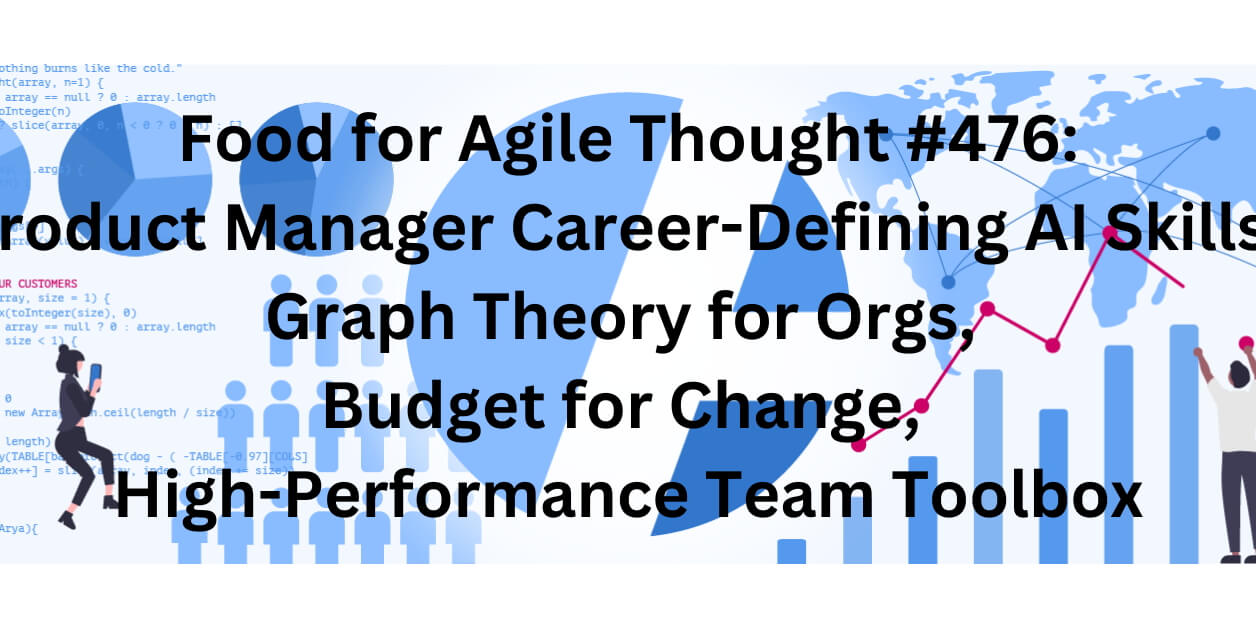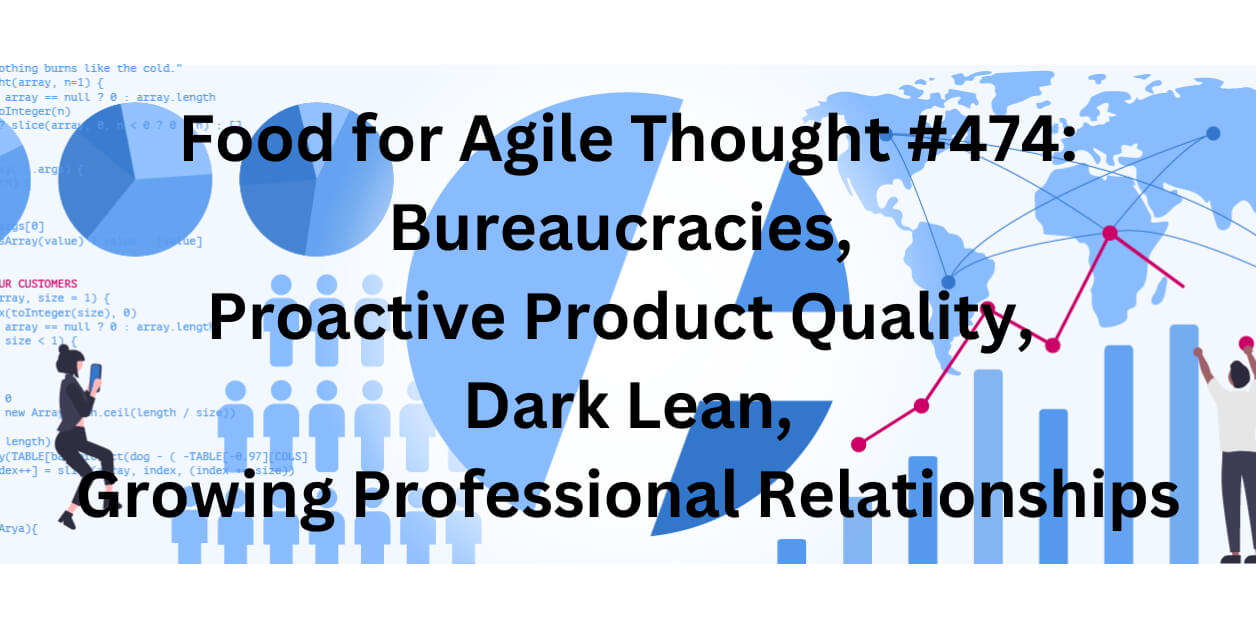TL; DR: PM Career-Defining AI Skills — Food for Agile Thought #476
Welcome to the 476th edition of the Food for Agile Thought newsletter, shared with 42,817 peers. This week, we feature John Cutler on how Lean principles adapt to stabilize scaling challenges, Simon Powers on budgeting strategies for impactful organizational change, and Steven Sinofsky dissecting engineering patterns that fail despite sounding practical. James Hawkins addresses escaping the “deadline doom loop,” while Steve Denning examines the synergy of hierarchies and networks for fostering innovation and competence.
Next, Dan Olsen debunks claims of product management’s demise, highlighting AI’s role in enhancing PM effectiveness. Peter Yang interviews Aman Khan on PM Career-Defining AI Skills in 2025, while Mihika Kapoor shares her playbook for turning bold ideas into viral internal successes. Moreover, David Pereira offers practical guidance on refactoring, bridging technical and business priorities through actionable insights and real-world examples.
Lastly, we explore Stefan Lindegaard’s toolbox for scaling high-performance teams with tools like the Capability Gap Map. Petra Wille highlights trust and generosity as keys to thriving communities, and Melissa Suzuno showcases Vistaly’s role in continuous discovery. Finally, Katelyn Bourgoin shares psychology-driven strategies to shape customer pricing perceptions effectively.






